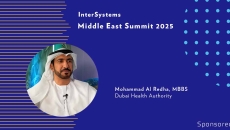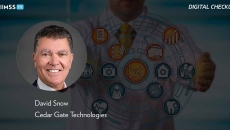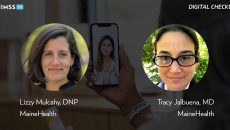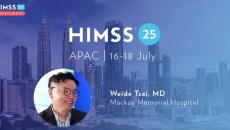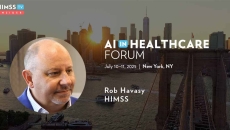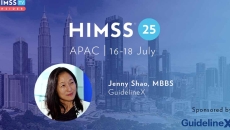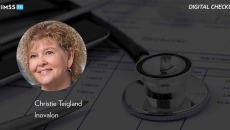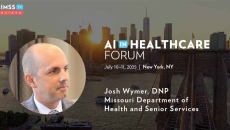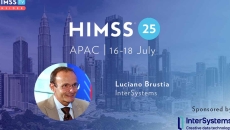Videos
SPONSORED
The Dubai Health Authority's Dr. Mohammad Al Redha says Dubai is building a foundation for AI tools to advance care delivery by making some clinical decisions, freeing clinicians' time for more complex cases.
Dave Snow, CEO of Cedar Gate Technologies, reveals that 60% of all healthcare payments are in some form of value-based care. He offers his insights.
MaineHealth has excelled in virtual care. Its vice president of telehealth and virtual care Lizzy Mulcahy, DNP, and its medical director of telehealth and virtual care Dr. Tracy Jalbuena offer detailed advice on expansion and patient involvement.
Robotic initiatives aim to save on nursing time by providing a variety of tasks and services, including multilingual and emotional support, says hospital director Dr Weide Tsai.
With a steep artificial intelligence learning curve, the event offers confirmation that "everybody's going through this, everybody's learning along the way – and that's OK," says Rob Havasy, HIMSS senior director of informatics strategy.
SPONSORED
HIMSS25 APAC
Evidence-based solutions are already available and even applicable to smaller health settings, according to Dr Jenny Shao, chief medical officer at GuidelineX.
Christie Teigland, Inovalon's VP of research science and advanced analytics, says encounter data shows that MA enrollees are more likely to have a chronic condition than those of traditional fee-for-service Medicare.
SPONSORED
Organizations at HIMSS25 Europe show how their platforms integrate data, to share information and medical images safely between care providers and patients.
It can be a challenge to find AI tools that work, says Josh Wymer, chief health information & data strategy officer in the Missouri Department of Health and Senior Services, who discusses the importance of taking a unified approach to deployment.
SPONSORED
HIMSS25 APAC
Enhanced interoperability will support the Malaysian health system to meet its ageing population's demand for more care, says InterSystems APAC managing director Luciano Brustia.
